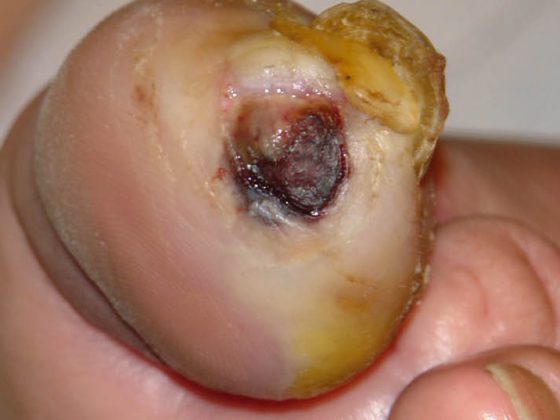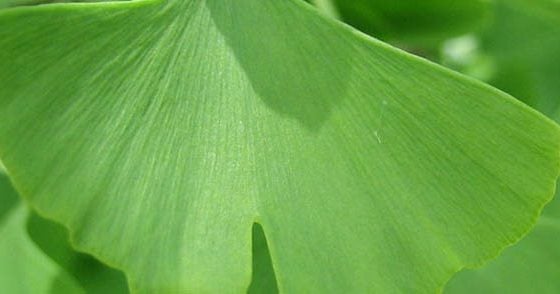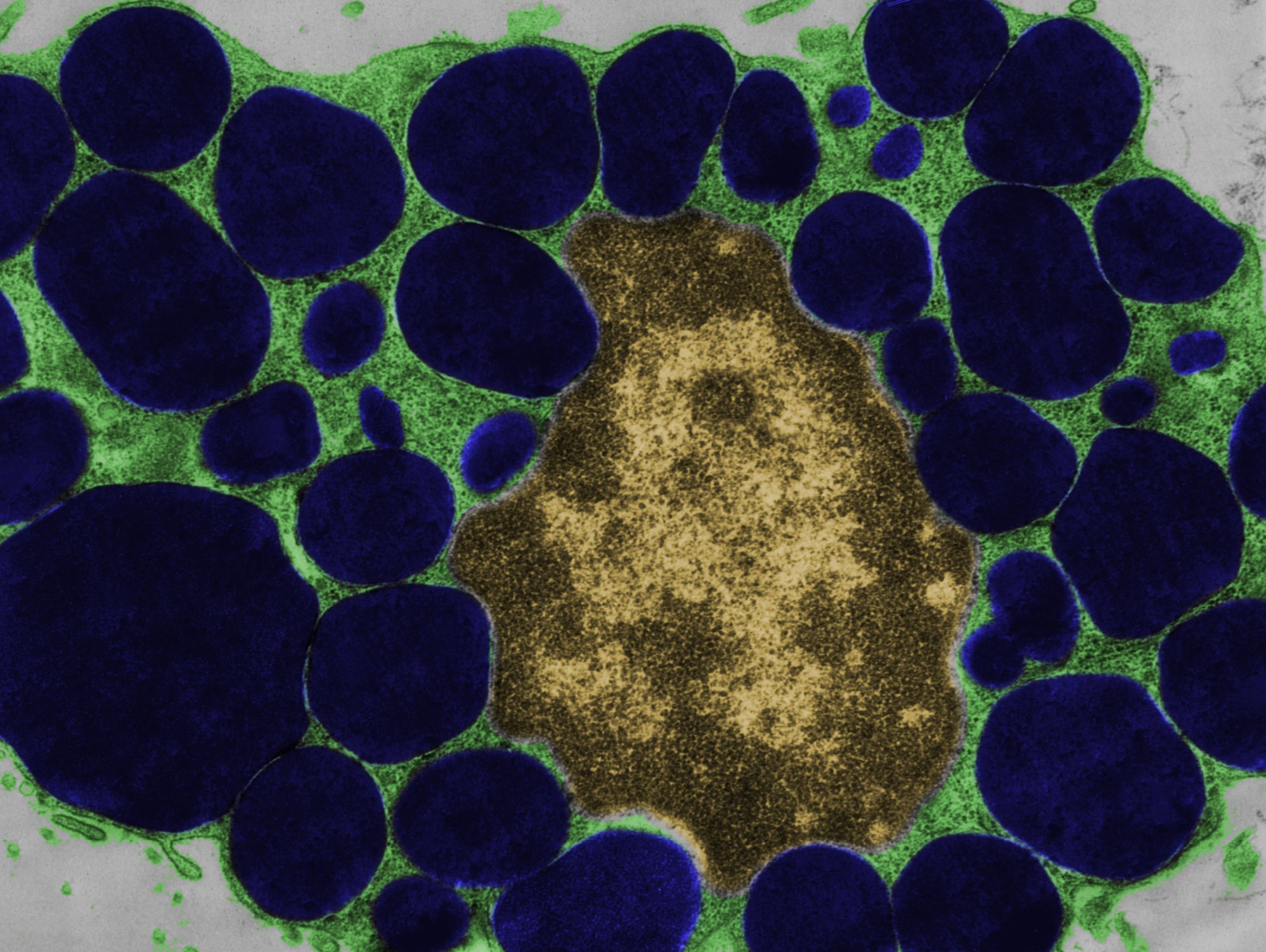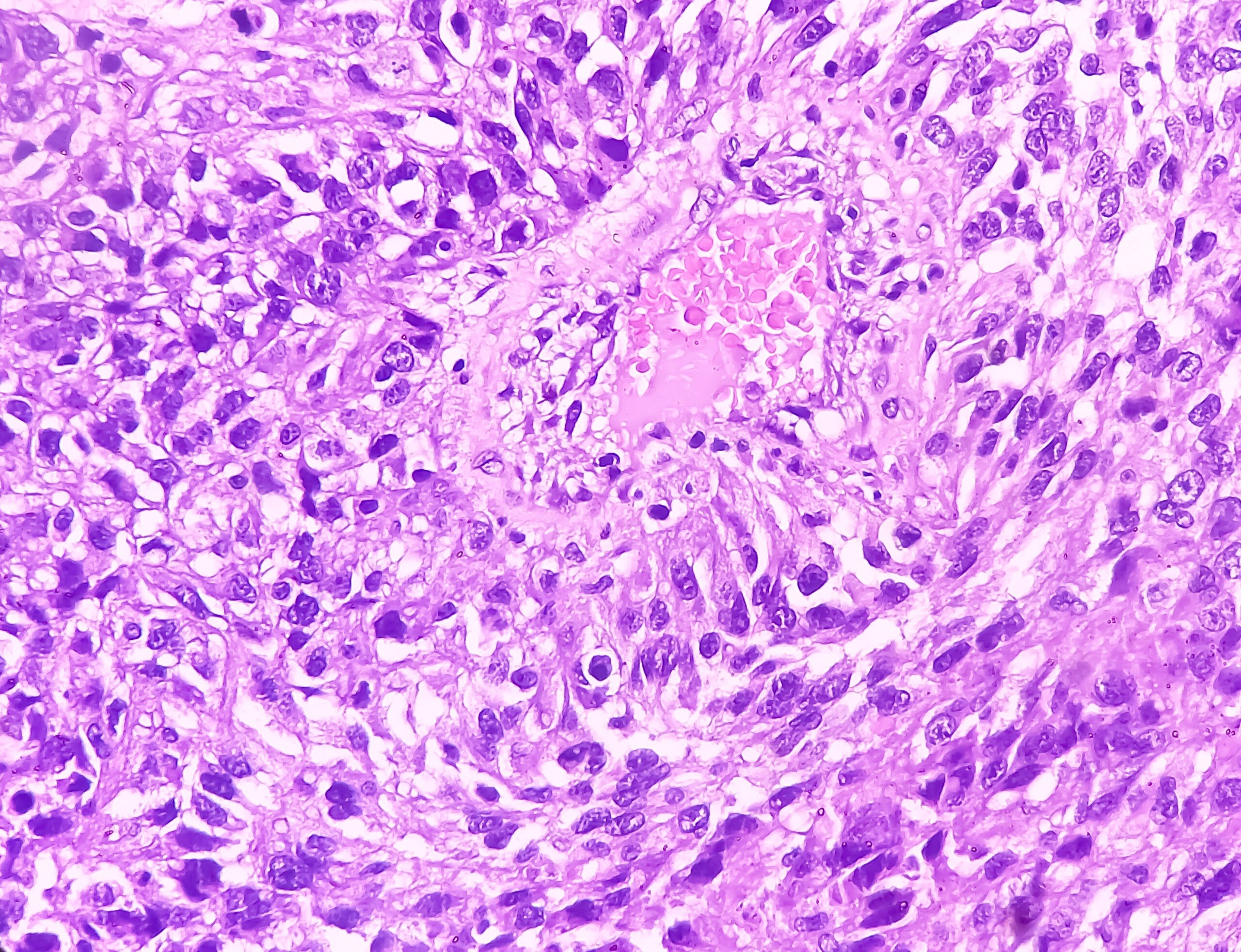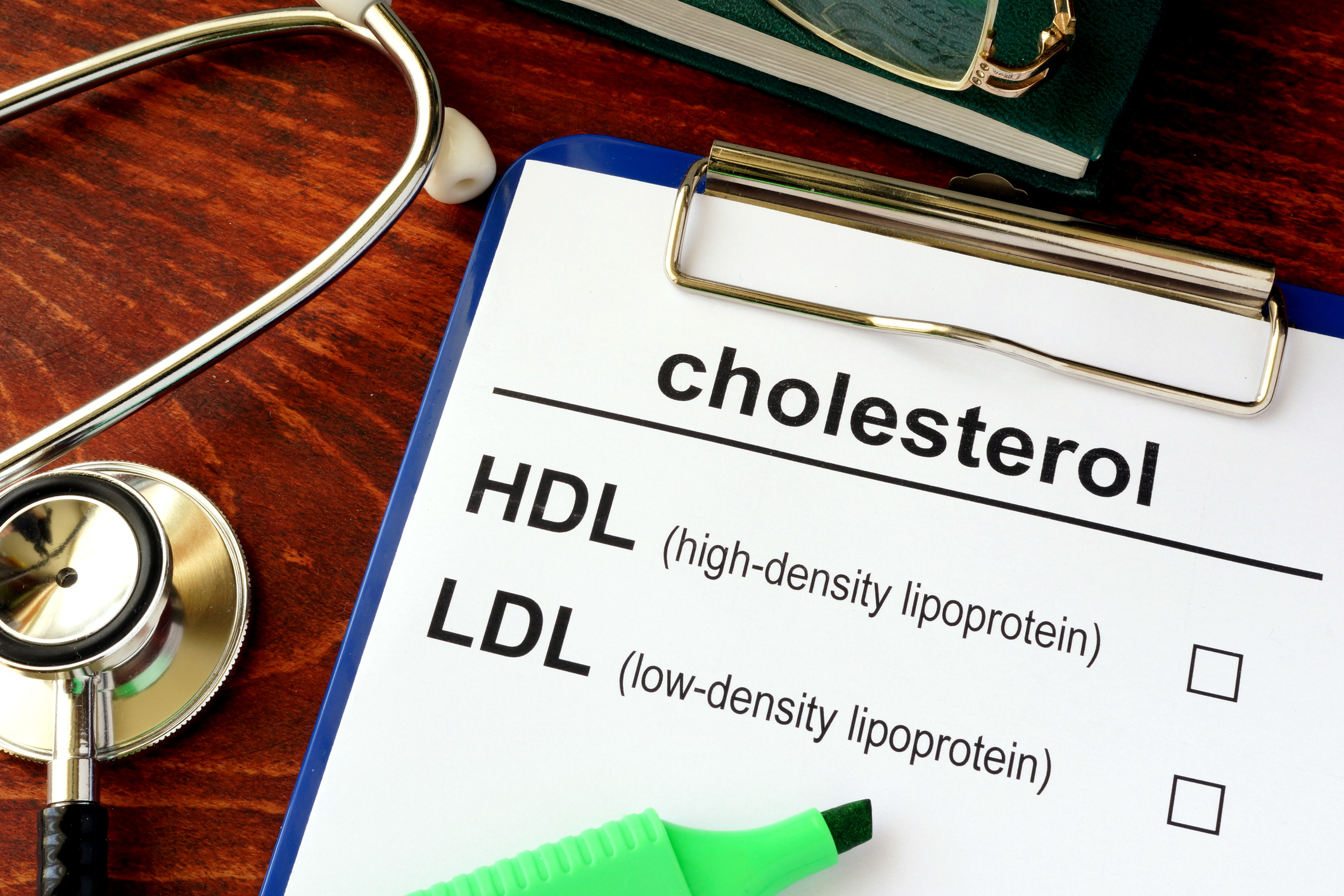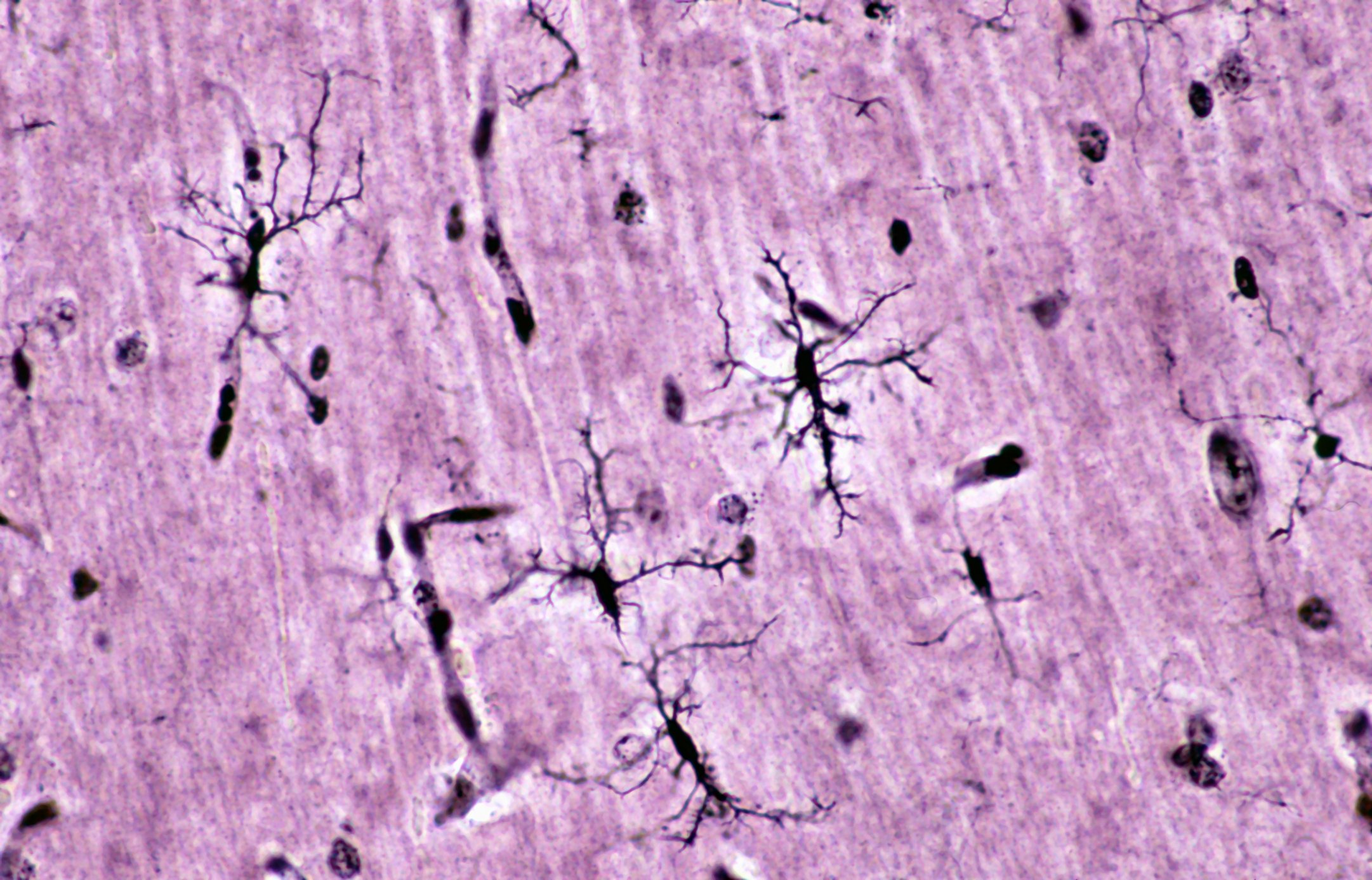Urinary incontinence can manifest itself in a variety of symptoms. Once urge incontinence has been accurately diagnosed, it can be treated either with the help of a micturition diary, toilet and pelvic floor training, and electrostimulation (level 1) or else by drug therapies (stage 2) be addressed. The question of how effective and safe such pharmacological approaches are is being addressed by various studies. The efficacy of new approaches such as botulinum toxin A injections is also being discussed.
(ag) Accurate diagnosis of urinary incontinence is crucial: the most common forms include stress and urge incontinence, but also mixed forms. While the first of the types mentioned is an involuntary loss of urine during physical exertion, which comes along without urge to urinate, the second form is associated with a strong urge to urinate even at low bladder filling (sometimes with detrusor instability). It can therefore occur in the course of a so-called overactive bladder (“OAB”) and is the predominant type of incontinence in men at any age.
For symptomatic drug therapy, anticholinergics, i.e., antimuscarinic agents, are used as the first choice. These are effective because in urge incontinence there is increased sensitivity of muscarinic receptors, which along with other factors can trigger increased detrusor contractions. Large meta-analyses investigating the use of this class of compounds in OAB exist in this regard. Typical side effects of anticholinergics are tachycardia, nausea, and accommodation disorders, although non-tolerable side effects can also be switched within the anticholinergic group (Table 1).

What do meta-analyses say?
A systematic review that comprehensively examined the benefits as well as the risks of anticholinergics in this indication (in OAB) was by Chapple et al. [1]. Evidence on the efficacy of antimuscarinic therapy has been assembled from numerous randomized controlled trials. Furthermore, the focus was on tolerability and safety as well as health-related quality of life.
Efficacy was measured by the following factors: continent days, mean voiding volume, frequency of bladder voiding, and urge episodes.
Tolerability and safety were assessed by side effects and discontinuation rates.
Results: A total of 83 prospective randomized trials were included in the analysis. The following overarching results were found:
- Antimuscarinics (or anticholinergics) are more effective than placebo.
- Tolerability was good: only a few of the active ingredients resulted in significantly more treatment discontinuations than placebo.
- Safety was also confirmed: Serious adverse events were not significantly more frequent in the verum range than with placebo. The most commonly reported symptoms were: dry mouth and pruritus. Dry mouth (mild, moderate, severe) occurred in 29.6% of patients treated with anticholinergics vs. 7.9% on placebo. The second most common side effect was pruritus in 15.4 and 5.2% of subjects, respectively.
- Improvement in health-related quality of life was noted with the agents darifenacin, fesoterodine, oxybutynin (transdermal system), propiverine “extended release” (ER), solifenacin, tolterodine ER and “immediate release,” and trospium.
CONCLUSION: The authors conclude that antimuscarinics are safe, effective, and well tolerated in the treatment of overactive bladder. They also improve the quality of life. However, according to the authors, the treatment decision must take into account the profile and dosage of each agent. The newer substances seem to be somewhat better tolerated and more effective. The once-daily administration is preferable.
Botulinum toxin A
Minimally invasive injection with botulinum toxin A into the bladder wall in individuals who do not respond to conservative therapeutic measures is also currently the focus of discussion for the treatment of overactive bladder [2]. However, the risk of (possibly necessary) self-catheterization or a resulting urinary tract infection must be pointed out here. A recent double-blind controlled randomized trial showed that onabotulinumtoxin A (injected into the detrusor muscle) produced similar symptom reduction to peroral anticholinergics (solifenacin or trospium) in women with severe urge incontinence. However, it was also associated with a higher likelihood of urinary tract infections [3].
Literature:
- Chapple CR, et al: The effects of antimuscarinic treatments in overactive bladder: an update of a systematic review and meta-analysis. Eur Urol 2008 Sep; 54(3): 543-562.
- Murphy AM, Krlin RM, Goldman HB: Treatment of overactive bladder: what is on the horizon? Int Urogynecol J 2013 Jan; 24(1): 5-13.
- Visco AG, et al: Anticholinergic therapy vs onabotulinumtoxina for urgency urinary incontinence. N Engl J Med 2012 Nov 8; 367(19): 1803-1813.
HAUSARZT PRAXIS 2014; 9(7): 31-32


